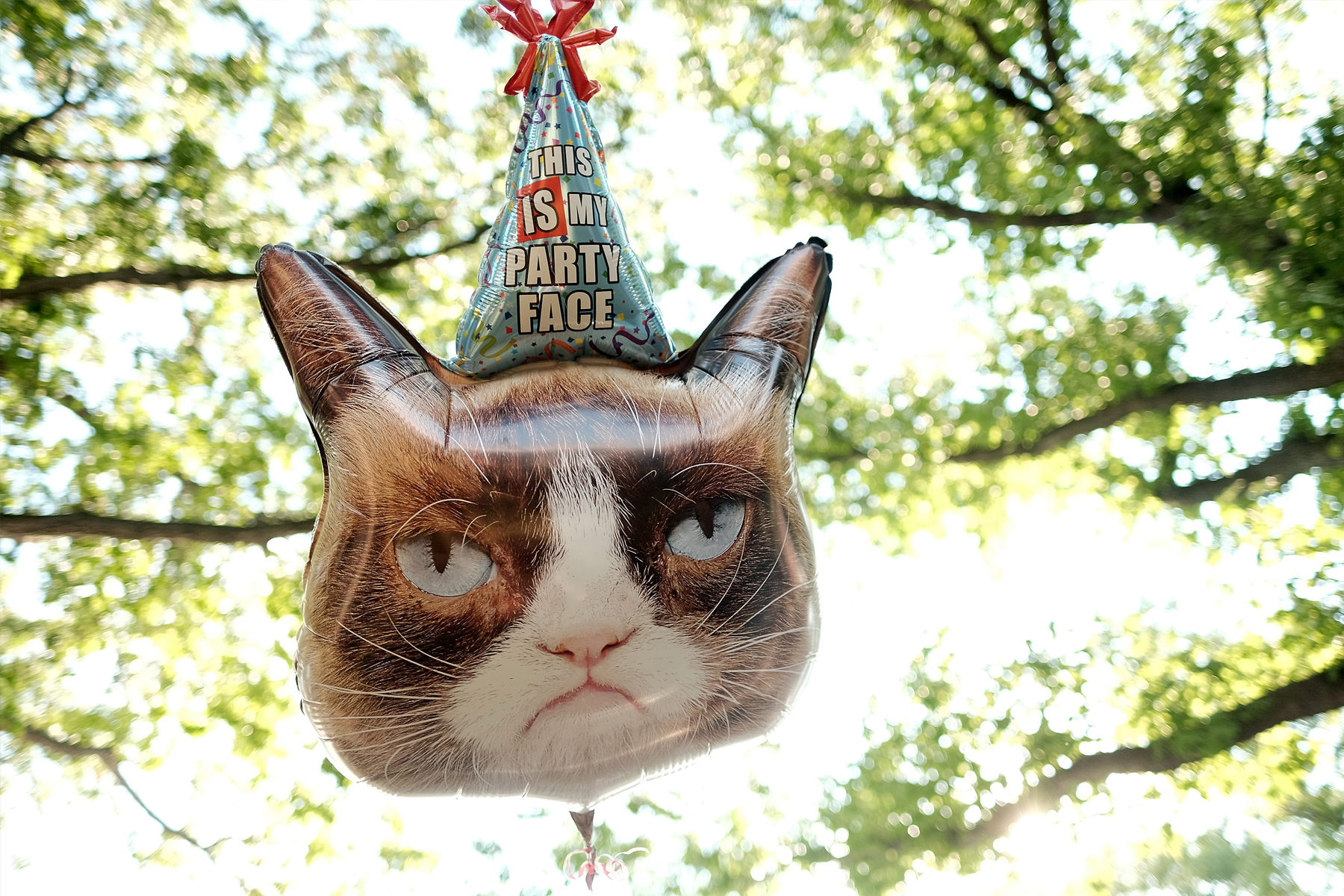The internet, once a hand full of websites, grew rapidly. In July 2008, Google announced it had an index of 1 trillion URLs. Nearly 15 years later, the internet is larger but, in some ways, still a handful of websites. I frequently lament Meta and Alphabet swallowing the web. In a post about TikTok, an app with over 1 billion monthly active users, itself representing a large site that makes the internet feel small, I complained forums and directories are gone. A kind of gentrification for the web where the cool message board is now on Facebook and independent blogs are concentrated on a few platforms owned by companies that can act out in petty ways. In most revenue share models, a large platform, Medium, Twitch, YouTube, and so forth, collect payments from ads or subscriptions and split profit with creators forming a not-technically-an-employee-but-still-kind-of-anemployee-with-extra-steps relationship. A relationship where someone may not work for [platform], but [platform] can suspend income or even remove that non-employee-etcetera’s work or access to the platform without warning or reason. Platform Control I don’t think social media is a utility that must be regulated and forced to act with neutrality. Except for actual utilities, housing, and certain banking and adjacent technologies, that sort of regulation would be undesirable. I don’t want Daily Kos prohibited by law from removing Alex Jones from the comment section. I also don’t like the world where people work for platforms creating content units with no substantive legal protection. It’s bad when companies can…A Blue Check On A Pike Warns Us Not To Give Up The Web

The Blog Experiment | Technology Nonsense and Internet Tripe
Hey you read it. We didn't make you read it.